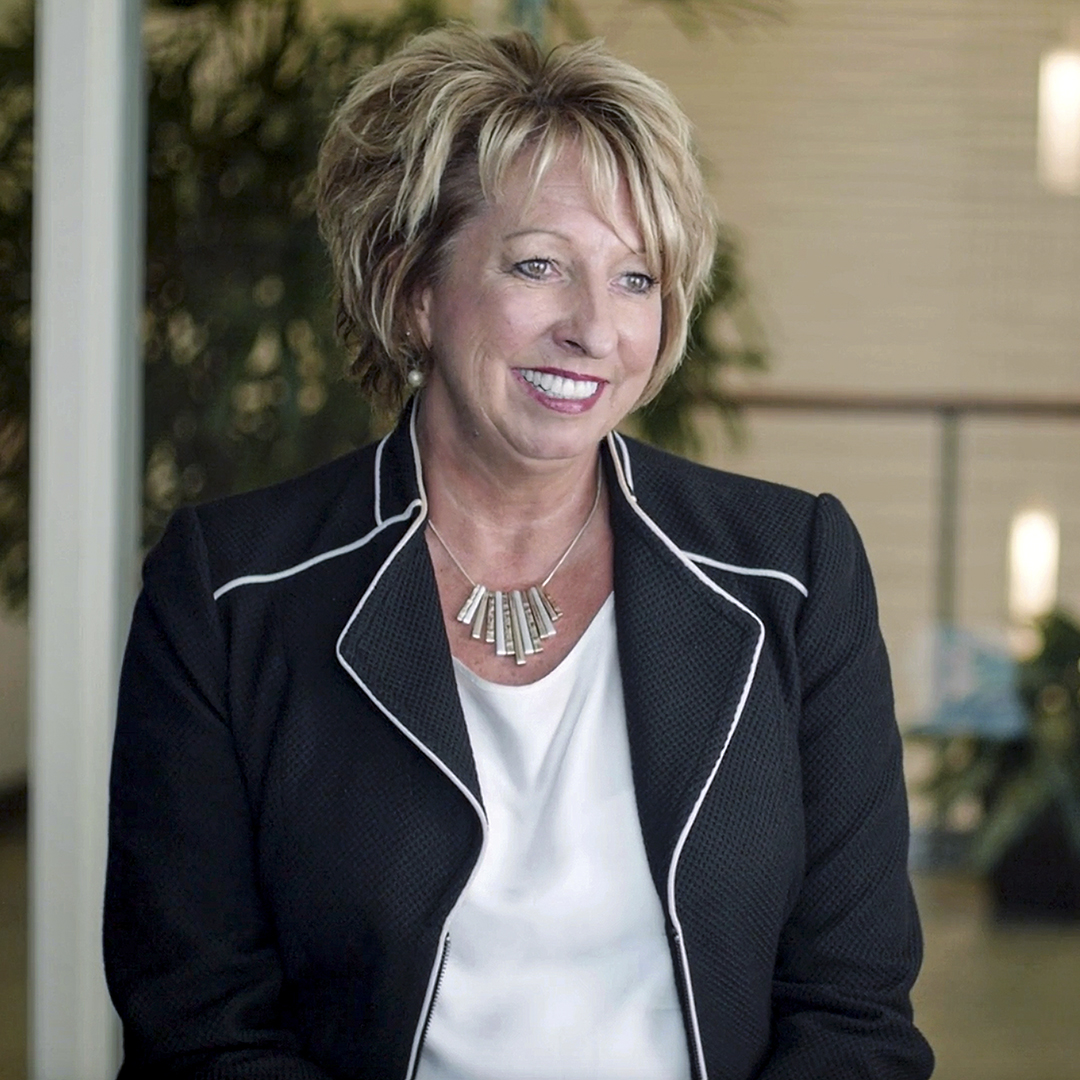Some people see their career as a fascinating adventure day after day. For Donald LeGower, assistant general counsel of litigation and government investigations for biopharmaceutical company Bristol Myers Squibb (BMS), that’s certainly the case.
In his role, he is charged with managing the company’s litigation and government investigations.
“While I love the strategy and tactics of managing the company’s litigations and government investigations,” LeGower says, “the part of this job that’s most energizing on a day-to-day basis is coming to work at a place where people are trying to discover, develop, and deliver innovative medicines that help patients prevail over serious diseases.”
It’s the type of role he’s excited to be in, and one he’s sought since going to school.
After graduating law school from the University of Virginia in 2001, LeGower spent almost fourteen years at Dechert LLP in Philadelphia. While he ultimately became a partner in the product liability group, he had a varied career that included antitrust, consumer fraud, and general commercial litigation that he continued to work on before and after settling in the product liability space.
“As my career developed, I maintained a varied practice, but I started to focus more and more on matters involving pharmaceutical and life sciences companies,” he explains. “When an opportunity came up at BMS, I jumped at it.”
While at BMS, LeGower has managed a number of notable matters. One matter he is particularly proud of involved a product liability matter involving an anticoagulant medication.
“When we first started seeing litigation about the product, we started to think about ways we could cabin or control the cases to avoid the type of large product liability multidistrict litigations (MDL) our peers have seen in related matters,” LeGower explains.
“Rather than manage the small number of initial filings as individual cases,” he continues, “we saw what was going on with other companies and immediately staffed the cases and devoted resources to defend the cases with an eye toward being able to defend a MDL if one should come.”
As a result of that decision, he and his team, with the assistance of internal experts, were able to get ahead of the data and regulatory history of the product and were able to make well-informed and well-supported strategic decisions about how to defend the cases in such a way that key arguments could be fully developed and advanced early to provide the best possible chance of success.
“We and our outside counsel spent a lot of time when the first couple of cases were filed because we anticipated there would be litigation as we had seen it with other industry products,” LeGower shares. “Digging into the regulatory file, understanding the regulatory history, talking to the people who had intimate knowledge of the product, examining the clinical data, and understanding the importance of that data and the regulatory history helped us put together a detailed and rigorous analysis of how we could defend litigation.”
Ultimately, that led to an effective dispositive motion strategy which capitalized on the existing law in a way that generated a meaningful preemption decision. That decision not only resulted in dismissal of the vast majority of cases in this litigation, but also created a precedent being used throughout the country in other cases like this.
“We used those facts to put together a vigorous defense of what was a broad-sweeping claim to something that was fairly manageable by the time we got to trial.”
A second notable case came in November of 2018 when LeGower was on the right side of Flexus Biosciences vs. Incyte Corp., in which a Delaware state court jury rejected the latter’s claims that Flexus was unjustly enriched by stealing Incyte’s trade secrets.
“Throughout this litigation, Incyte advanced a laundry list of allegedly misappropriated trade secrets,” LeGower explains. “The challenge we faced was not only how to effectively analyze a large number of relatively complex and technical allegations of misappropriation, but then how to present our arguments sufficiently clearly and concisely to allow the court to understand and dispose of them.”
“Through a series of thorough, clear, and aggressive motions, we and our counsel managed to pare down the list to two discreet alleged trade secrets that we were comfortable we could explain to a jury,” LeGower continues. “Ultimately the case went to trial and Flexus and its founders prevailed on both theories of trade secret.”
Again, LeGower and his team got involved early, dug into the details of the case, worked closely with the internal experts, got ahead of legal issues, and developed an understanding of the facts and science early in the matter.
The team for this case was led by Jim Hurst out of Kirkland & Ellis’s Chicago office and LeGower says success came from a strong partnership between the in-house lawyers and the external counsel. Naturally, Hurst and Partner Matt Solum agree.
“Don’s vast experience is evident from his always calm-under-pressure leadership, which was invaluable during the high-stakes Flexus trial, especially after we got a jury question that made us wonder whether the jury was leaning against us,” Hurst says. “He reflects BMS’ department as a whole—easy-going, excellent judgment, great to work with, and highly effective.”
“Don, a leader within Bristol Myers Squibb’s top-flight in-house counsel team, is someone who consistently provides invaluable leadership and deep experience in guiding our team as we litigate and resolve complex, often multifaceted disputes for BMS,” Solum adds.
“I firmly believe that the key to defending cases like these is to build a team that is willing and able to dig into the available data and mine the records to understand what is really going on, and then is able to explain those technical aspects of the case to a judge or jury,” LeGower says.
“Defending cases in our industry is difficult because it requires explanation of nuanced scientific points in a way that is accessible to courts and juries who often do not have technical backgrounds,” he notes. “To do it effectively takes a team with technical expertise, the capability to dig into the details and partner with our internal experts, and the advocacy skills to present what they learn in a way that is accessible to a lay audience.”


